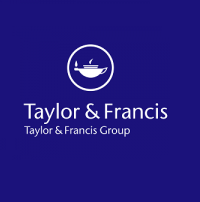Conclusions and Discussion
This study examines the earnings quality effect on corporate excess cash holdings and their marginal value using panel data from firms listed on the Korea Exchange from 2000 to 2014. Our main findings are as follows.
First, discretionary accruals as proxies for earnings quality have significant positive effects on corporate excess cash holdings, implying that firms with poor earnings quality are more likely to accumulate excess cash holdings than are firms with good earnings quality. This finding supports the information asymmetry argument that poor earnings quality aggravates information asymmetry and makes raising external capital more difficult and more expensive for firms. Thus, firms with poor earnings quality are likely to accumulate excess cash holdings for liquidity reserves in order to reduce information asymmetry.
Second, poor earnings quality negatively affects the marginal value of excess cash holdings, implying that firms with poor earnings quality are more likely to discount the marginal value of their excess cash holdings than are firms with good earnings quality. This finding supports the agency theory argument that managers tend to waste corporate resources by hoarding excess cash, particularly in the face of increased information asymmetry. From the agency theory perspective, firms with poor earnings quality are likely to accumulate excess cash holdings at the expense of shareholders. If shareholders appear to question the reason for such cash policy changes from an agency theory perspective, such excess cash holdings may destroy value for shareholders. This corroborates the findings of Drobetz et al. (2010), who suggest that the free cash flow theory predicts that excess cash holdings, bundled with higher information asymmetry, generate moral hazard problems, and lead to a lower market value of a marginal dollar of cash.








